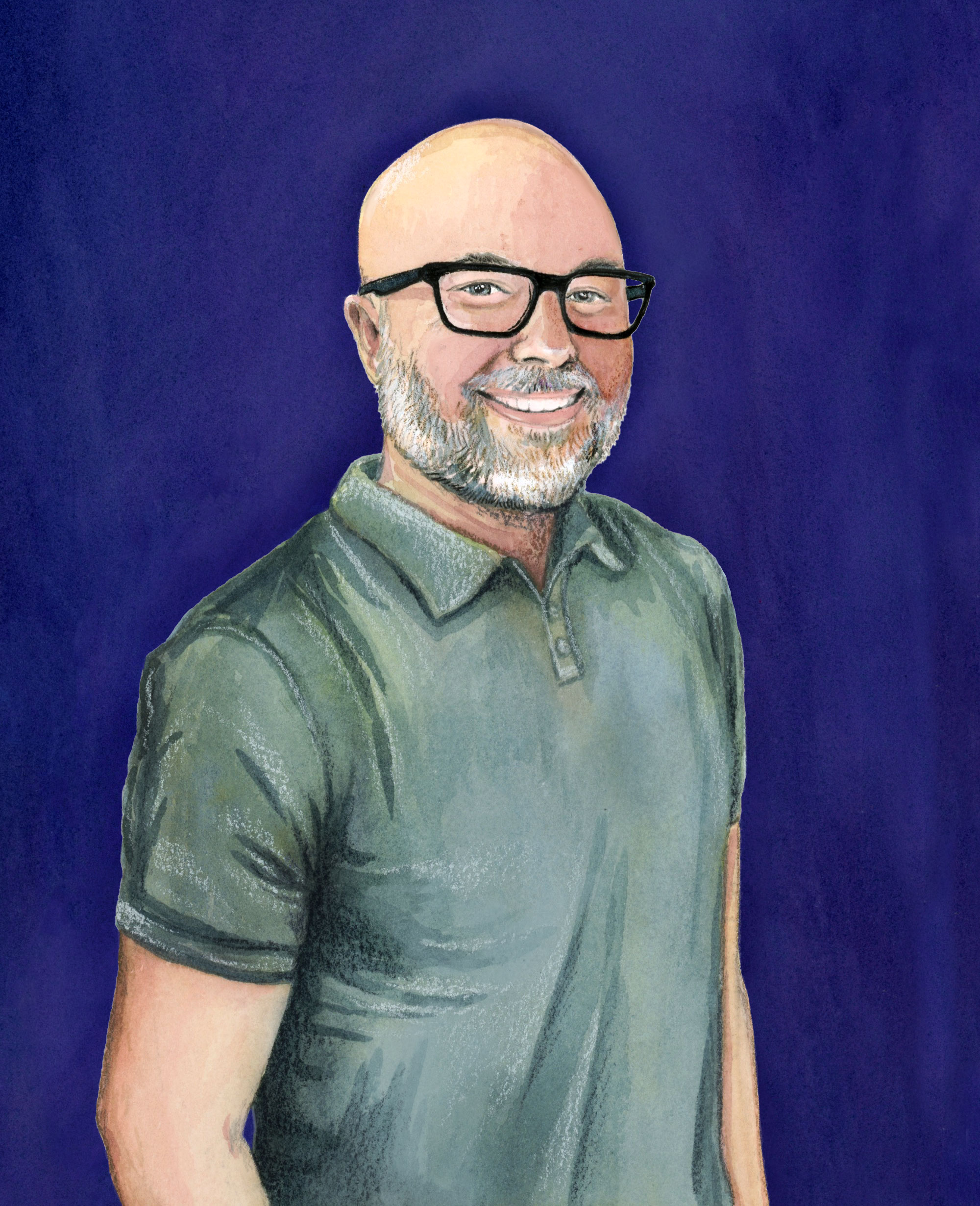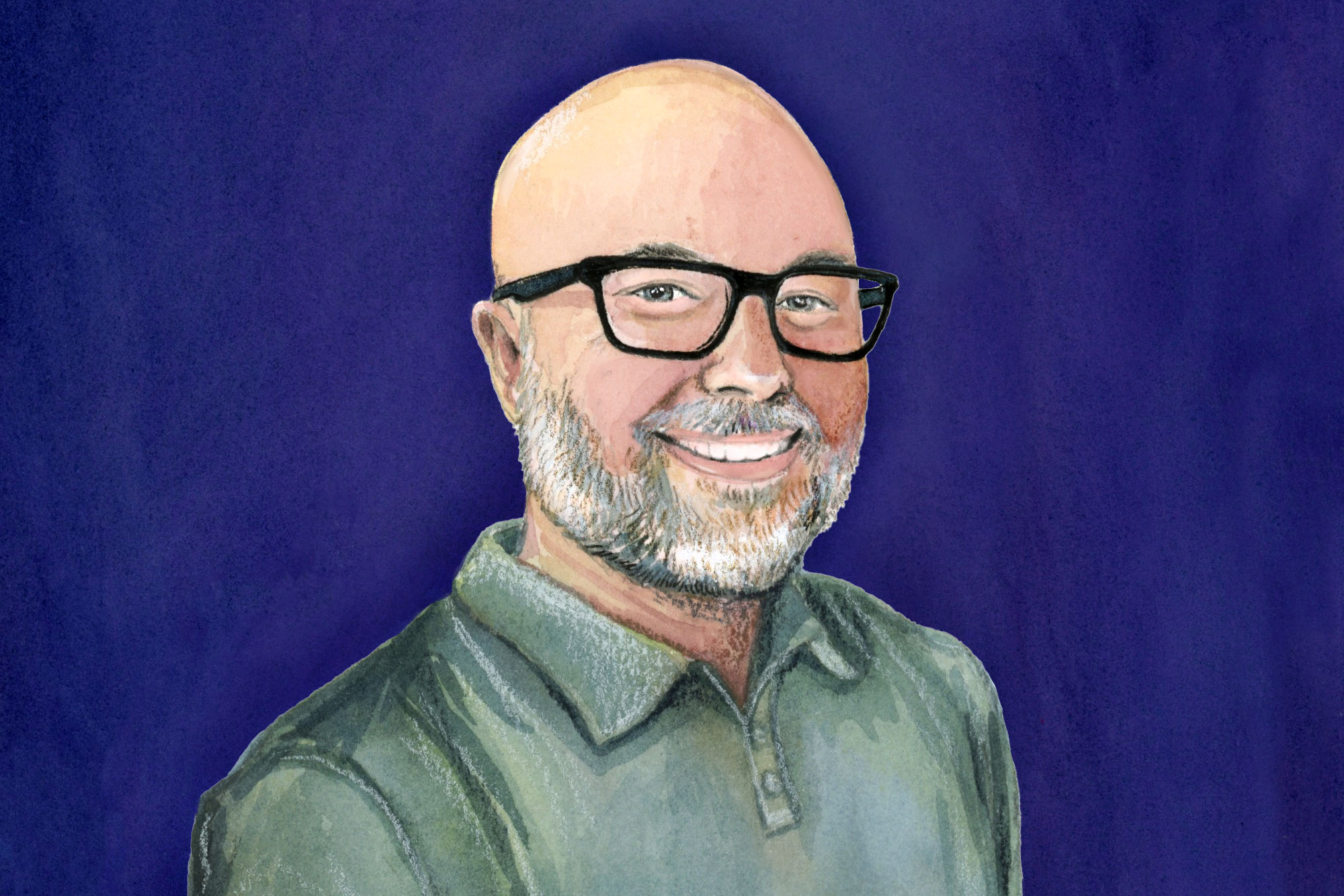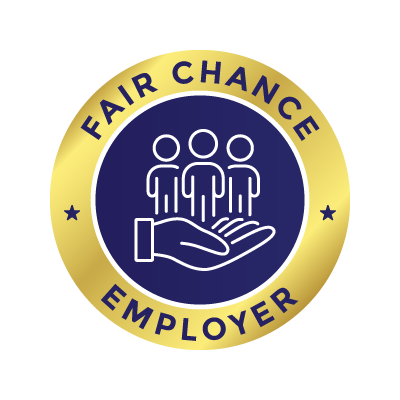Matt grew up in the Bay Area of Northern California. His childhood was defined by the divorce of his parents when he was just eight years old. Raised in a deeply religious environment, his mother, a single parent, grappled with her own traumas, leaving Matt to navigate his tumultuous world largely on his own.
In pursuit of a new beginning and academic opportunity, Matt moved to Utah to attend Brigham Young University (BYU). However, the transition was fraught with challenges. Matt battled depression and feelings of inadequacy. He decided not to go on a mission, which created feelings of guilt. He felt like he could never be good enough to belong in his religion and also felt he had nowhere to turn for help.
Matt began dating. One day, the police showed up at his house to question him regarding a romantic interaction he had with one of his classmates. Matt tried to answer questions from law enforcement honestly and share his perspective of what happened. However, no one believed him and Matt’s father responded to the incident by kicking him out of the house. This made Matt’s situation even more difficult in a time when he was already struggling with his mental health. His job at McDonald’s barely met his needs, and a subsequent position at a telemarketing company only deepened his depression. He needed money for rent but was too ashamed to ask for help. He did not want his loved ones to know just how much he was struggling, and the situation felt increasingly hopeless. So, Matt made a desperate decision. He decided to rob a bank.
Matt’s Incarceration
The consequences of this choice were severe. Matt accepted a plea bargain and was sentenced to 15 years in prison. He was also charged with sexual assault stemming from the romantic interaction the police had questioned him about. Facing a lot of time, Matt accepted a plea deal to these charges as well, and as part of the deal, would be required to register as a sex offender upon his release.
Matt’s time behind bars illuminated the severe limitations of the justice system, which often prioritize punishment over rehabilitation. The system’s punitive mindset and lack of resources for education and therapy left many incarcerated people struggling to better themselves. Matt observed a prevailing “us vs. them” mentality and recognized a critical need for a justice system that genuinely supports rehabilitation.
Despite the bleak environment, Matt’s incarceration became a journey of self-discovery and transformation. He enrolled in a college program, which not only offered educational opportunities but also allowed him to build meaningful connections with other incarcerated men. These relationships provided essential support and security, helping him grow personally.
When we asked Matt what experiences stood out to him about his incarceration, he mentioned two things.
First, Matt remembers vividly the day he learned of his grandfather’s murder. It was three years into Matt’s sentence and he was very close to his grandfather, who had supported him both before and during his incarceration. The grief he felt was profound, and Matt found comfort in being able to share this experience with other incarcerated men who had similar strained paternal relationships, and had experienced profound loss. This deepened Matt’s bonds and motivated him to find purpose while incarcerated. In response to the event, one of the other inmates helped Matt secure a job at a sign shop, distracting him from his grief, and offering a more fulfilling way to spend his time.
Second, Matt remembers yoga. About nine or ten years into Matt’s sentence, severe shoulder pain from a rotator cuff injury prompted Matt to explore alternative therapies. Encouraged by a friend, he began attending yoga classes. A book on yoga sutras gifted by his instructor became a catalyst for profound self-reflection. Matt realized he was not only suffering physically, but felt empty in the social, emotional, and mental aspects of his life. This insight sparked a transformative journey towards spirituality, authenticity, and self-care. Matt began focusing on his well-being and making intentional choices to live a life he would have wanted if he was not incarcerated. One big aspect of his mindset shift was the importance of kindness – that through empathy, he could move beyond the prison social hierarchy and connect with people on an individual level. Matt recognized that everyone’s life is difficult and everyone makes mistakes. Matt still prioritizes his social, physical, emotional, and mental well-being today, as he continues to take ownership of his life and happiness.

Matt’s Re-Entry Journey
Matt’s release from prison was a surreal experience. Reuniting with his two sisters, aunt, and later his mother and cousins, he faced the immediate reality of his new life. The Church of Jesus Christ of Latter-day Saints, despite Matt not being a member, helped him find an apartment and covered the first two months’ rent. The initial months post-release were overwhelming. Matt remembers going into a clothing store shortly after his release and feeling unable to buy clothes. He wasn’t used to having any choice in what he wore and wasn’t sure what to do. Matt relied on friends and family to help guide him as he adapted to his new freedom and the various choices that arise in day-to-day life.
He also reflects on the lack of context he had about the world. Being incarcerated since age 22, he didn’t have much experience with job hunting and managing bills as an adult before his incarceration. Matt pointed out that this lack of context can make it feel like every single setback is a result of one’s criminal record, when in reality, most of us face similar struggles every day. It’s hard for anyone to look for a new job, get passed over for an opportunity, or save up money to buy a car. According to Matt, keeping this context in mind—that these things are difficult whether or not a person has a record—can help make navigating these types of experiences easier.
One of the biggest barriers Matt faced in his re-entry journey was finding housing. Most rental opportunities were unavailable to those with records, and Matt faced added challenges as a registered sex offender. His early apartments had bedbug infestations and were poor quality environments. He finally found a decent place to live by subletting from his roommate, who was on the actual lease. Eventually, Matt found a landlord who was comfortable with his criminal record, a rarity that provided him with stability. Wanting to provide someone else with the same opportunity, Matt ensured that the next tenants in that house were other individuals who had records as well.
Like many other justice-impacted individuals, Matt faced challenges in his career due to his background. Matt completed his associate’s degree in prison but could not finish his bachelor’s degree before the Utah State Prison terminated the program. To Matt’s dismay, Utah State University required a year of post-release therapy before allowing him to enroll, even in online-only classes. Matt was admitted to the University of Utah and excelled academically. Despite numerous offers from technology companies, he received multiple rejections at the background check stage due to his criminal record.
But Matt didn’t give up and soon found that networking would play a crucial role in the job search. Matt reconnected with a friend from prison, who had gone on to become a partner at a technology company. This connection led to a job opportunity that aligned with Matt’s education and passion. Entrepreneurship emerged as a key focus for Matt, who has now started two companies, Qpilot, a subscription management platform, and Commerce Catalyst, a company aimed at connecting people with resources and opportunities in the e-commerce space. Matt is passionate about working with the community and enjoys being hands-on with his clients.
Fair Chance Hiring
When we asked Matt about fair chance hiring, he seemed frustrated with the state of things. He is an avid proponent of these policies, but thinks employers rely too much on background checks to evaluate a person’s worth. As an entrepreneur himself, Matt would encourage a CEO considering fair chance hiring to reflect on the company’s goals and focus on creating a system of accountability and trust. He feels that employers should look to factors other than a background check, including assessing whether someone is a good culture fit, is loyal and hardworking, has good references, and a desire to advance within the company. Matt advocates for fair chance hiring and envisions a system that evaluates individuals based on their current potential rather than their past mistakes.
Storytelling and Stigma
At some point, Matt decided he wanted to share his story publicly. For years, he experienced fear of “being found out” or judged by others. So, on the fifth anniversary of his release from prison, he decided to take ownership of his story and made a LinkedIn post. This post went viral, and he received an unexpected amount of support. Being open about his background has helped make some relationships deeper, and overall, people didn’t care as much as he had feared they would. Matt is still learning how to balance being open about his background while recognizing that unfortunately, there is a stigma associated with a criminal record and that not everyone is entitled to know about his past.
Advice to Others with Records
When Matt helps guide friends who are earlier in the process or who have just been released from incarceration, he gives them the following advice: Understand that life is hard regardless of whether you have a criminal record. Be open and look for opportunities to live the life you want. Use your network to find a job and practice soft skills, like interviewing. Decide if and how you plan to talk about your record. While there are many ways to go about it, Matt is a proponent of being upfront and authentic about the past and seeking out people and opportunities where his openness will be appreciated and he can find acceptance. Matt encourages everyone to figure out what they’re passionate about and how they can contribute to the world.
Through Matt’s experiences, he also learned the importance of asking for help. He recalls a moment in a college class at the University of Utah, feeling out of place as an older student. He looked around and realized that other students were experiencing similar feelings—worrying about studying, making friends, and navigating their new environment. Acknowledging that these feelings are valid and shared by many, Matt emphasizes the importance of finding people you can feel safe with and asking for help. Sometimes the first person you ask might not be the one who can assist you, but persistence in seeking help will eventually lead to finding the support you need.
Mentors & Family Relationships
Matt believes the world will show up for people who ask for help. Mentors who have guided him include Bill, a volunteer at the prison; his late grandfather; his circle of friends from prison, who have a high success rate post-release; David, his business partner; Jordan, his wife; and many people in the community in Utah and his business community.
Family plays a significant role in Matt’s life, especially with the recent news that his wife is pregnant. This is Matt’s first biological child and he feels incredibly lucky to have the opportunity to become a father. He acknowledges that he had a habit of placing happiness on hold for a future event and is now fighting to embrace the life he has. Matt learned the importance of living intentionally and in the present.
Matt’s story underscores the importance of second chances and the need for a justice system focused on rehabilitation rather than mere punishment. Recognizing that everyone makes mistakes, Matt’s story serves as a powerful reminder of the potential for transformation and the value of empathy. His personal development and leadership were influenced by his experiences and ongoing education. In the system, Matt became very observant, watching and learning from his surroundings. He continued developing skills through his spirituality, taking classes on Human Resources, and learning the way the world works.
It is important to talk about our experiences because it humanizes them. Being open about his record with friends and people in his community has been impactful—people who know him can carry that perspective and open-mindedness into the world and into other interactions. We all make mistakes, but mistakes don’t have to define who we are. It is important to practice empathy and remember that there is more to each person than their past.
Today, Matt is not only a successful entrepreneur but also a dedicated advocate for those navigating similar challenges. His journey from prison to professional success highlights the critical need for systemic change and the power of personal resilience. As he looks forward to the future, including the anticipation of becoming a father, Matt remains committed to making a positive impact and supporting others on their own paths to redemption.
What are you waiting for?
It’s time to leave the past behind. Use our tool to quickly check if you have records that are eligible for expungement today!
Find out if you’re eligible in under 3 minutes.
This story is part of our #1in3 campaign, a project to end the stigma and raise awareness of how common it is to have a criminal record.
1 in 3 Americans has a criminal record, which is a lot more common than people think. No one expects to be involved in the justice system, but it can happen to anyone. People of all ages, backgrounds, genders, and income-levels are involved in the justice system. Their pathways vary, but the barriers of a record affect them all. Our hope is that by sharing their portraits and telling their stories, we can change the way people think about people with records and appreciate them for all they have overcome.




